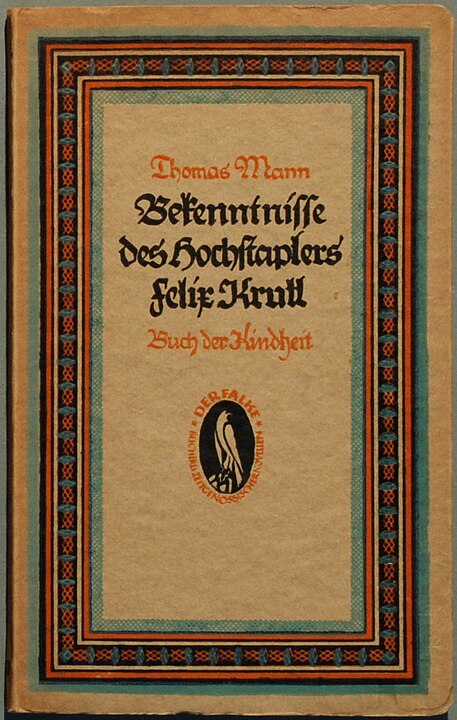Conference and publication project
together with Tobias Becker, FU Berlin; Thomas Werneke, HU Berlin
Whether political impostures, financial frauds or fake academic reports – impostors are once again dominating the headlines. But even a cursory glance at the history of the 20th century shows that imposture had long before advanced to become a significant media phenomenon. In the German Empire and the Weimar Republic, for example, the cases of the Captain of Köpenick, the impostor Georges Manolescu, who inspired Thomas Mann's novel "Felix Krull," and the "false prince" Harry Domela achieved great popularity. To this day, these historical (pre-)images appear as benchmarks of modern imposture, whereby the boundaries to trickery, fraud, and charlatanry are sometimes blurred in popular reception.
Starting from the question of whether imposture and conmanship was connected to the political, social, and cultural transformations of the long twentieth century, the project therefore aims to trace the changes in the phenomenon, its shimmering semantics, and its multifaceted appearances and effects from a social, cultural, and media-historical perspective.
In October 2023, a conference at the ZZF Potsdam gathered theoretical-conceptual contributions and concrete case studies on the history of imposture, placing German history in its European and global contexts. A publication of the conference results is planned.
Research Blog: https://hochstapelei.hypotheses.org


